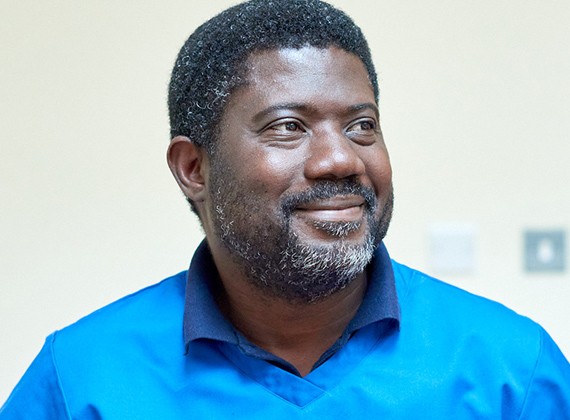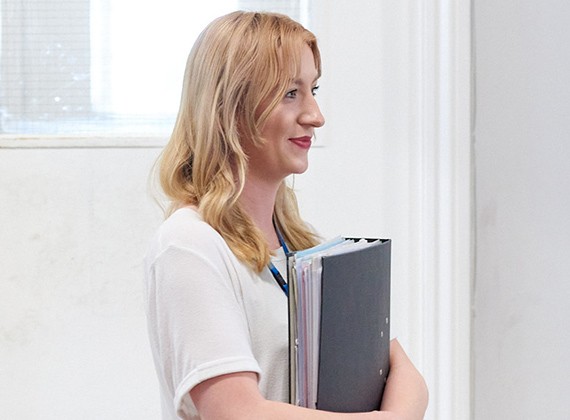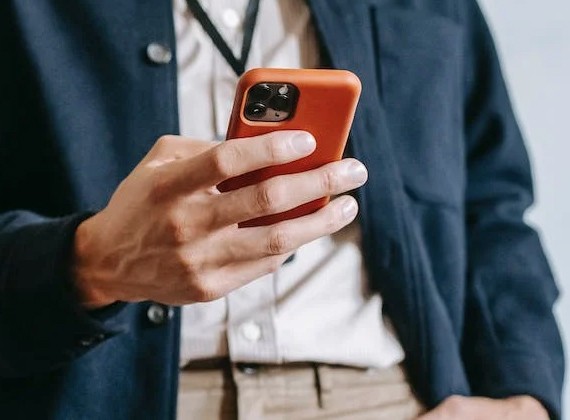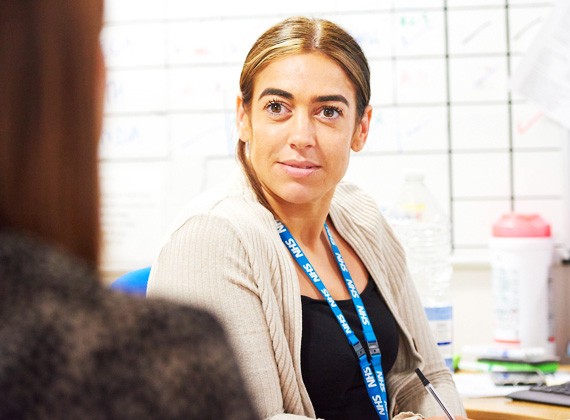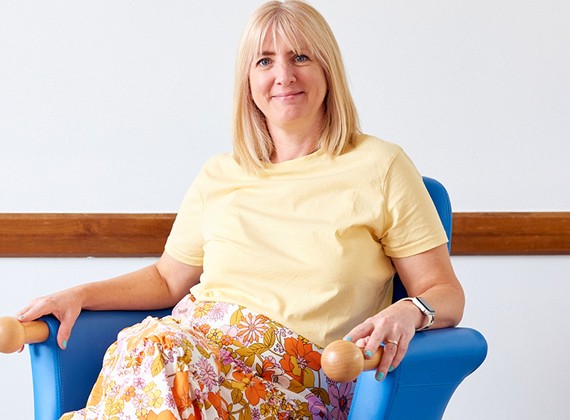

Appointments
Here is some information you may find helpful about how to make or cancel your appointment and how to get an appointment at Sussex Partnership.
Please refer to the latest Covid-19 guidance from NHS England to protect patients, staff and visitors. Visit NHS England's website for more information about Coronavirus (Covid-19).
Making an appointment
If you are feeling unwell or concerned about your mental health, please speak to your GP. Your GP can make a referral to our specialist services on your behalf.
If you are under 18, or a parent or carer of a child or young person please visit our Child and Adolescent Mental Health section of the website.
Did you know you can access some services without needing a referral from a healthcare professional? Find out more about how to make an appointment with our Talking Therapies and other health and wellbeing services and resources available in Sussex.
If you need help urgently, read our advice on how to get help in a mental health crisis
Cancelling an appointment
If you are unable to make your appointment, please let us know as soon as you can. You can do this by calling the number in the top right-hand corner of your referral letter.
You can also call our main reception on 0300 304 0100 who can put you through to the person, team or service you would normally see for your appointment or search for the contact details of the service in our services directory.
Getting to your appointment
You can find information about how to get to your appointment, such as the address of the service, where to park and how to get there by public transport, on our locations section of the website.
If you are not sure which of our locations you need to go to for your appointment, you can find this information on your referral letter or by searching for the service you are attending in our services directory.
Video appointments
During the Covid-19 pandemic we saw how important video appointments were for making sure our services remained available. Following feedback from our service users, we have decided to continue to offer them as an option for some appointments, such as follow-up consultations, including one to one and group treatment.
Using digital technology allows patients to have greater choice in how they receive treatment, as long as it is considered safe and effective by their clinician. The decision to have a video appointment will be offered by clinicians on an individual patient’s needs and preferences and only when clinically appropriate.
How to request a video appointment
If you would prefer a video appointment, the first step is to discuss this with your clinician. They are best placed to determine how to support you, based on your own wishes, circumstances and needs, as well clinical expertise, judgement and assessment of risk.
You may find the following FAQs helpful when thinking about whether a video appointment is right for you.
Video consultations can bring a range of benefits to both patients, families, carers and clinicians. They can:
- Create greater access to treatment for certain patient groups, including those with mobility issues and those who are anxious about attending appointments in Trust buildings.
- Reduce physical attendances in hospitals and clinics, helping to free up clinic space for appointments that need to take place face-to-face.
- Save patients and staff money in transport costs and for some patients, the cost of carers needed to accompany them to clinical visits. Reducing patient and clinician travel means less pollution, helping us to reduce carbon emissions and create a healthier environment which benefits us all.
- Reduce the number of missed appointments, saving the Trust and the NHS money and reduce wasted resources.
You can take part in video appointments using a computer (windows or mac), android based smartphones, tablets, an iPhone or iPad.
If you are using Attend Anywhere for your appointment, you may find this troubleshooting guide helpful. The principles in the guide also apply to video calls using Zoom, Microsoft Teams or any other remote video software.
We take data security and confidentiality extremely seriously and your clinician will do all they can to ensure the session is secure. Threats to security could either be physical (e.g. being overheard by others) or electronic security. Trust computers have security protection systems installed and our staff follow Trust policies that cover data protection and information security.
Your clinician will provide you with information about how your personal or confidential patient information is used during a video consultation.
The following will help to protect your confidentiality:
- Make sure that you have a safe, quiet, confidential place that is free from interruptions for your consultation
- If another person is present in the room, you should consider making your practitioner aware, particularly if the other person remains quiet or is not visible to the health and care professional. This helps your clinician avoid inadvertently breaking confidentiality
- Your practitioner will always inform you if anyone else is in the room with them and ask if you are comfortable with this, for example, if they have a student working with them
- You may be asked to confirm your details, for example, name and date of birth to ensure you are the right patient or service user.
- The video appointment is held with your agreement, so if at any point before or during the appointment you do not want to continue, you can do so. Please discuss any concerns you have with your clinician.
Yes, this can be in the same room as you or if you would like to, you are welcome to invite them to join the call.
